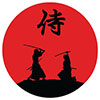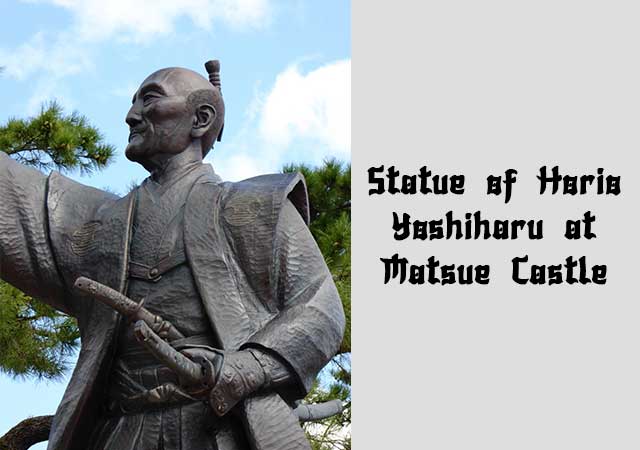
Horio Yoshiharu, also known as Horio Mosuke, was born in Niwa-gun, Owari (Aichi Prefecture) in 1542. Due to his serene composure and the ability to maintain tranquility even in the most intense situations, he earned the nickname "Hotoke no Mosuke," or "The Buddha Mosuke," after the enlightened deity, Hotoke.
Yoshiharu's father once served as a vassal in the Iwakura Oda clan, rivals of Oda Nobunaga. However, after Nobunaga defeated their clan, Yoshiharu's father became a Ronin, a samurai without a master. The Sengoku period was an era of constant life-or-death struggles for samurai. Remaining composed under pressure and concealing one's thoughts and emotions were crucial skills to avoid betrayal. It was during these early days that Yoshiharu likely honed his Buddha-like calmness and mental fortitude for survival. Fortunately, he would later find employment under Nobunaga, albeit in a modest role as a foot soldier.
The pivotal moment that brought Yoshiharu to Nobunaga's attention happened during a hunting excursion in Owari. A massive wild boar charged the hunting party, causing everyone to scatter—everyone except Yoshiharu. Unarmed, he stood his ground and wrestled with the beast. Nobunaga was greatly impressed by Yoshiharu's calmness, strength, and courage, which led to his promotion. Yoshiharu's blend of bravery and serenity served him well in subsequent battles, earning him widespread admiration.
As the nation was on the brink of the Battle of Sekigahara in the late summer of 1600, and alliances were fracturing into Eastern and Western factions, Yoshiharu attended a drinking gathering in Chiryu, Mikawa Province, with Lord Mizuno Tadashige of Kariya Castle and Kaganoi Shigemochi. The discussion about war and allegiance escalated, culminating in a drunken and enraged Kaganoi killing Lord Mizuno and injuring Yoshiharu. Despite his wounds, Yoshiharu calmly and effectively took control of the situation, demonstrating a Buddha-like composure. He administered justice by confronting Kaganoi and restoring peace. It is said that Yoshiharu sustained seventeen wounds from Kaganoi's spear during the skirmish, rendering him unable to participate in the Battle of Sekigahara. Instead, his son took his place on the battlefield.
Following Sekigahara, the Horio clan was granted land in Izumo Province (Shimane Prefecture) and assumed control of Matsue Castle as Daimyo. Yoshiharu entered retirement at this post. Although his son Tadauji succeeded him, he succumbed to illness in 1604. Tadauji's heir, a nine-year-old named Tadaharu, was considered too young to assume the role, prompting Yoshiharu to once again take on the responsibilities until his grandson was ready to lead.
Horio Yoshiharu embodied both courage and skill in combat, all while exuding the calm and enlightened spirit of a Buddha—an invaluable trait for samurai navigating the razor's edge of the Sengoku period.
See also
-
Yamagata Masakage
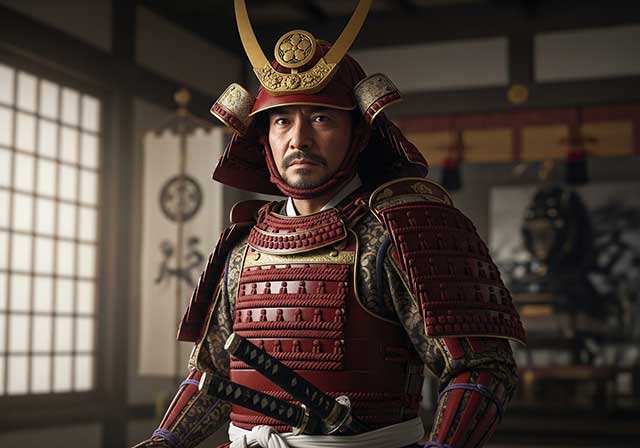
Masakage was one of Takeda Shingen’s most loyal and capable commanders. He was included in the famous list of the “Twenty-Four Generals of Takeda Shingen” and also belonged to the inner circle of four especially trusted warlords known as the Shitennō.
-
Yagyu Munenori
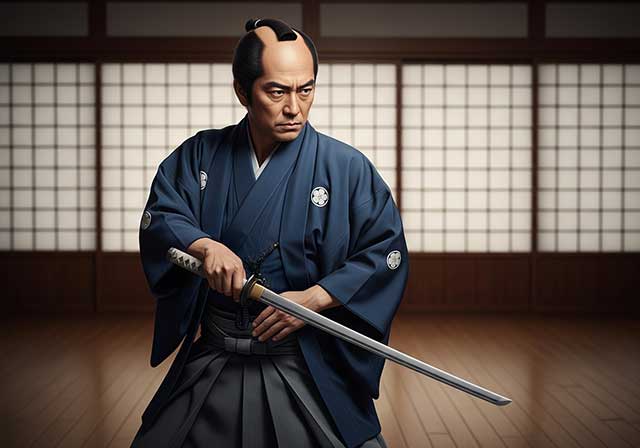
Yagyū Munenori began his service under Tokugawa Ieyasu while his father, Yagyū Muneyoshi, was still at his side. In 1600, Munenori took part in the decisive Battle of Sekigahara. As early as 1601, he was appointed a kenjutsu instructor to Tokugawa Hidetada, Ieyasu’s son, who later became the second shogun of the Tokugawa clan.
-
Yagyu Muneyoshi
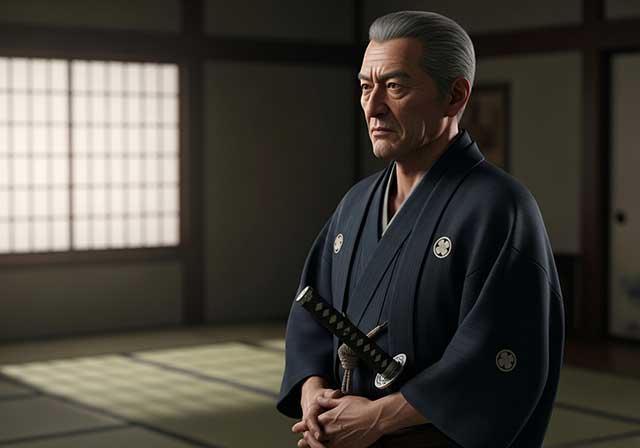
A samurai from Yamato Province, he was born into a family that had been defeated in its struggle against the Tsutsui clan. Muneyoshi first took part in battle at the age of sixteen. Due to circumstances beyond his control, he was forced to enter the service of the Tsutsui house and later served Miyoshi Tōkei. He subsequently came under the command of Matsunaga Hisahide and in time became a vassal first of Oda and later of Toyotomi.
-
Endo Naozune
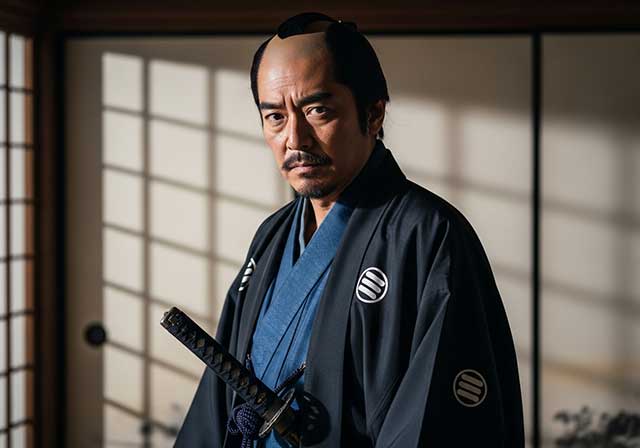
Naozune served under Azai Nagamasa and was one of the clan’s leading vassals, renowned for his bravery and determination. He accompanied Nagamasa during his first meeting with Oda Nobunaga and at that time asked for permission to kill Nobunaga, fearing him as an extremely dangerous man; however, Nagamasa did not grant this request.
-
Hosokawa Sumimoto
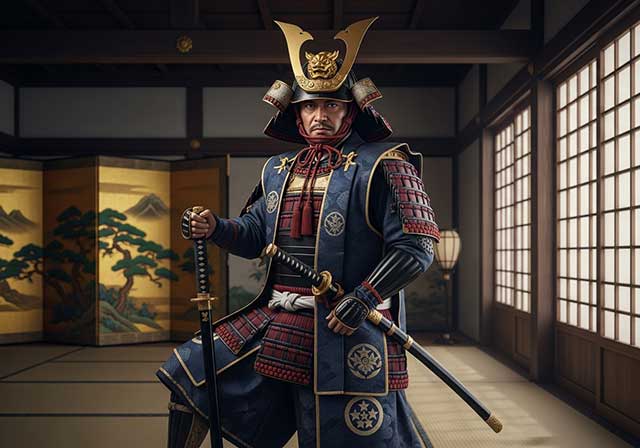
Sumimoto came from the Hosokawa clan: he was the biological son of Hosokawa Yoshiharu and at the same time the adopted son of Hosokawa Masamoto, the heir of Hosokawa Katsumoto, one of the principal instigators of the Ōnin War. Masamoto was homosexual, never married, and had no children of his own. At first he adopted Sumiyuki, a scion of the aristocratic Kujō family, but this choice provoked dissatisfaction and sharp criticism from the senior vassals of the Hosokawa house. As a result, Masamoto changed his decision and proclaimed Sumimoto as his heir, a representative of a collateral branch of the Hosokawa clan that had long been based in Awa Province on the island of Shikoku. Almost immediately after this, the boy became entangled in a complex and bitter web of political intrigue.
-
Honda Masanobu
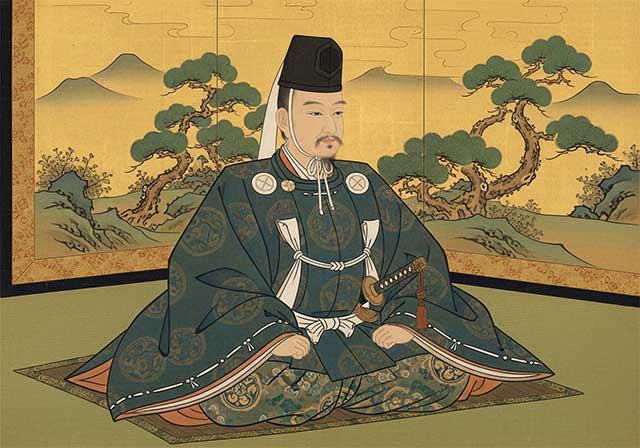
Masanobu initially belonged to the retinue of Tokugawa Ieyasu, but later entered the service of Sakai Shōgen, a daimyo and priest from Ueno. This shift automatically made him an enemy of Ieyasu, who was engaged in conflict with the Ikkō-ikki movement in Mikawa Province. After the Ikkō-ikki were defeated in 1564, Masanobu was forced to flee, but in time he returned and once again entered Ieyasu’s service. He did not gain fame as a military commander due to a wound sustained in his youth; nevertheless, over the following fifty years he consistently remained loyal to Ieyasu.
-
Honda Masazumi
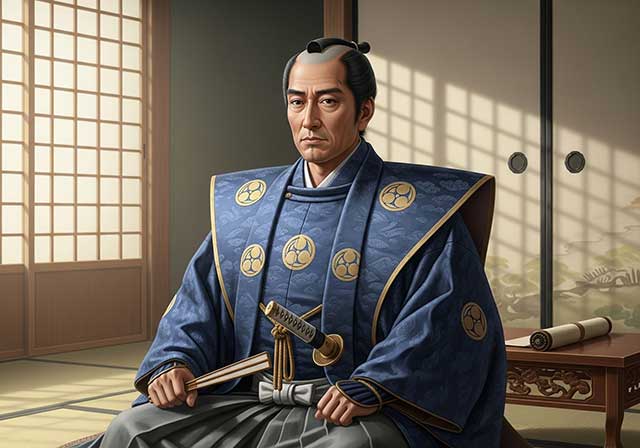
Masazumi was the eldest son of Honda Masanobu. From a young age, he served Tokugawa Ieyasu alongside his father, taking part in the affairs of the Tokugawa house and gradually gaining experience in both military and administrative matters. At the decisive Battle of Sekigahara in 1600, Masazumi was part of the core Tokugawa forces, a clear sign of the high level of trust Ieyasu placed in him. After the campaign ended, he was given a highly sensitive assignment—serving in the guard of the defeated Ishida Mitsunari, one of Tokugawa’s principal enemies—an obligation that required exceptional reliability and caution.
-
Hojo Shigetoki
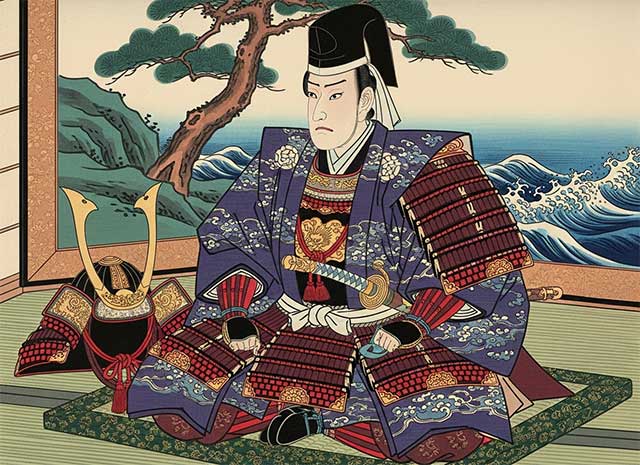
Hōjō Shigetoki, the third son of Hōjō Yoshitoki, was still very young—only five years old—when his grandfather Tokimasa became the first member of the Hōjō clan to assume the position of shogunal regent.

